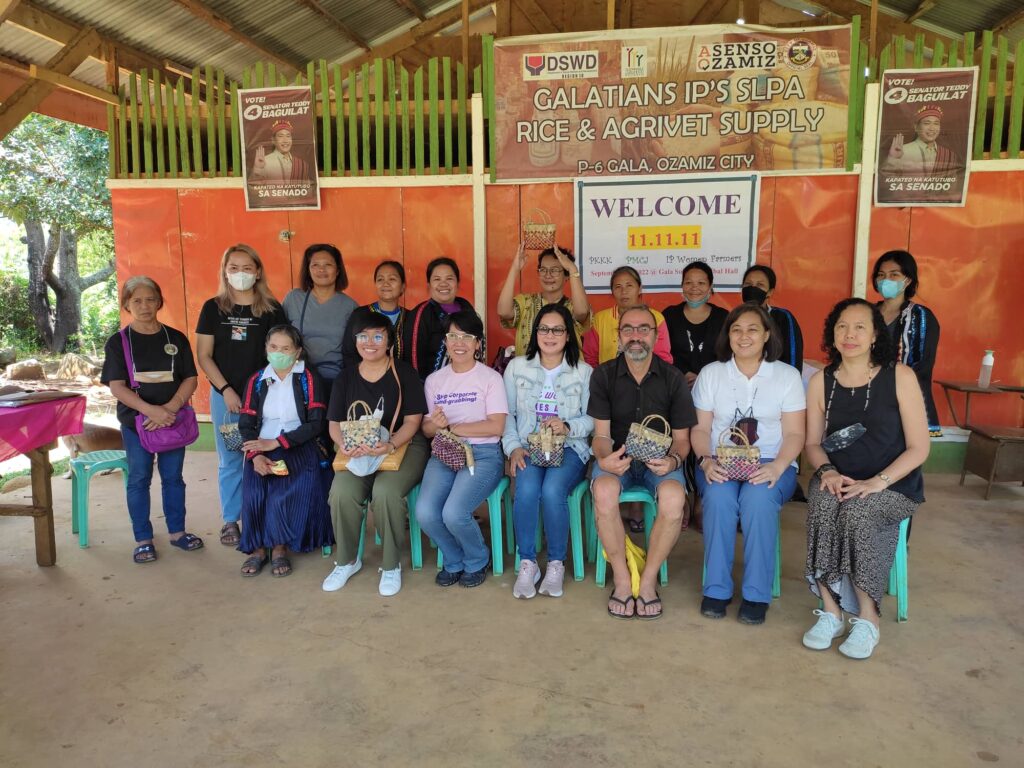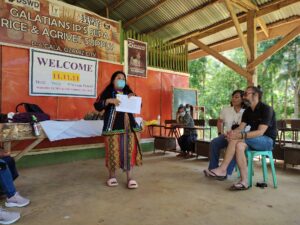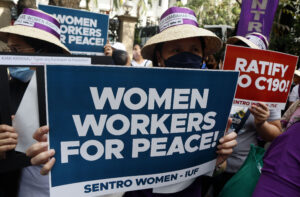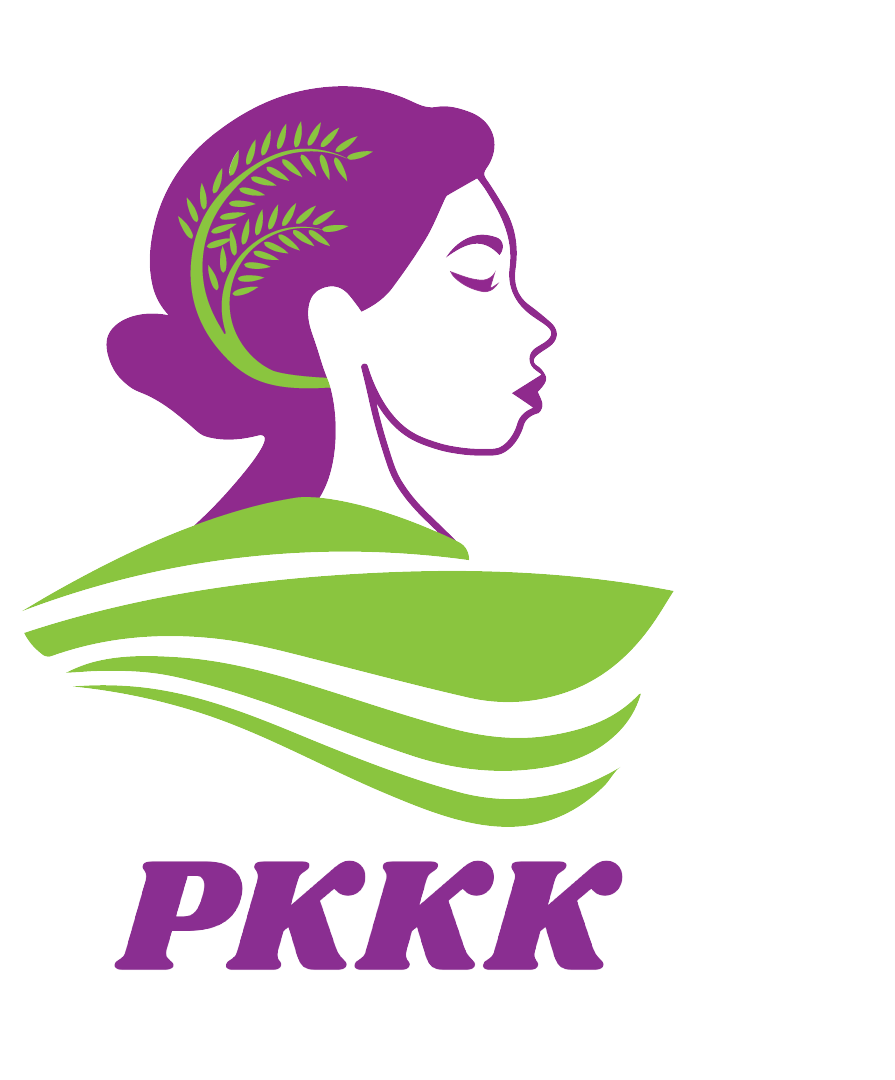
SEPT. 13, 2022 – A joint visit by the Belgian coalition 11.11.11 and PKKK to the Subanen tribe located in Gala, Ozamiz City was conducted to help give context to the importance of being represented in the Registry System for Basic Sectors in Agriculture (RSBSA). The Subanen women led by one of their women leaders named Bae Myrna Martir greeted us warmly with a welcome ritual that is customary from their tribe. Bae Myrna conducted an intimate discussion on the situation of the rural women farmers in the area, in addition, she discussed how she was inspired by one of PKKK’s online forums on the RSBSA to ensure that the Subanen women were registered in the program.
A local registration drive in 2 barangays to register over 200 Subanen women and some Subanen men in the RSBSA as farmers and farm laborers thru the leadership of Bae Myrna was conducted, and their efforts continue to hopefully have 400 Subanen women be registered in the RSBSA by next year.
The Registry System for Basic Sectors (RSBSA) in Agriculture is an electronic database where information on the Philippines’ farmers, fisherfolk, and rural workers are collected. Data from the RSBSA will be used by the Dept. of Agriculture to organize programs and benefits appropriate for those in its registry. Being registered in the RSBSA should be the bare minimum requirement for women farmers and fisherfolk to be able to receive assistance for their agriculture and fisheries activities. This is also used to identify recipients of support services during times of crisis such as what happened during the pandemic.
However, based on case stories from rural women farmers and a case study done by PKKK, there’s still a significant gap in gender equality in the RSBSA. There are significantly more male agricultural workers registered in the RSBSA than female workers. This gender disparity leads to lack of disaggregated data that would help the Dept. of Agriculture develop appropriate programs to help our agricultural workers, and it hinders farmers from accessing aid, equipment, crop insurances, and seedlings.






